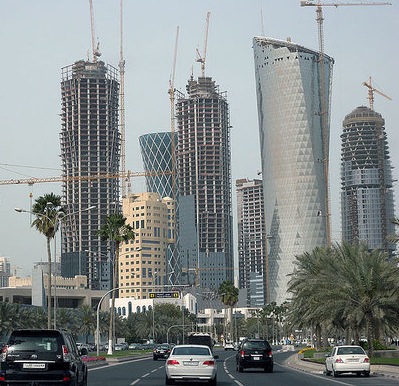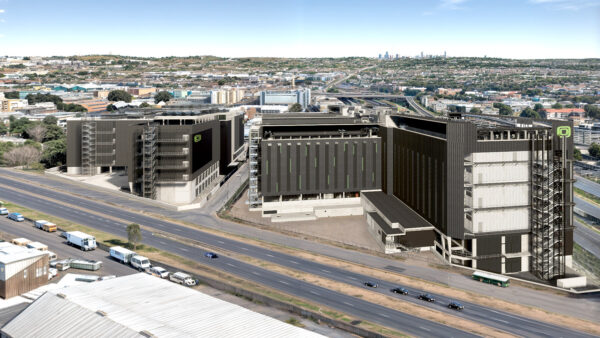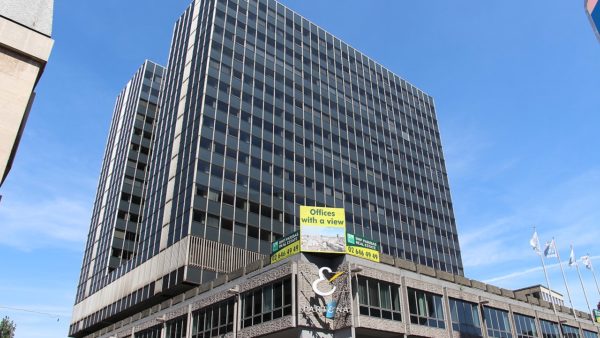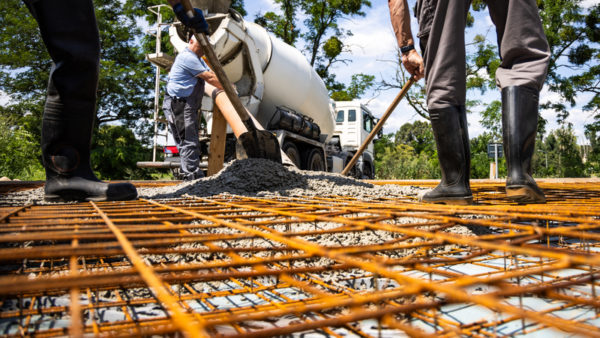13 November 2013
The Middle East must be prepared for complex challenges as more than a hundred major programmes jostle for completion by 2030 – at a combined cost exceeding $1 trillion – consultant EC Harris has warned.
Its new study found that across the Gulf Cooperation Council region (GCC), 117 projects costing more than $1bn each pose a number of risks that could result in programme failure.
With more than $640bn to be spent in the next six years alone, EC Harris identifies the “boom risks” – huge pressure on management resources, labour, capacity and supply chain, materials supply, and contracts and procurement mechanisms.
In March, the UK-based consultant predicted that construction inflation will rise steadily in one GCC country, Qatar, reaching a peak of 18% during the pre-World Cup construction boom between 2016 and 2019.

Construction in Doha, Qatar
Now it says that throughout the GCC region contractors will need to process visas for 1.2 million construction workers during the peak development period of 2014 to 2019 alone.
The report calls for training and skills academies for expats and migrant labour. It says up-skilling workers will lead to pay rises but will also attract talent who can deliver quality.Â
From 2014 there will be an exponential growth in demand for materials and equipment, requiring the mass importation of goods. It says transport programmes and network coordination must be given priority to try and prevent bottlenecks in the supply chain.
Overall, new housing for labour, school and health facilities, roads, and mass transit will all be needed just to support the build programme itself.
“With joined-up, collective thinking, governments, developers and contractors can ensure all major programmes in the region can be delivered on time, on budget and to the required quality,” said Alistair Kirk, head of infrastructure for EC Harris in the Middle East.






